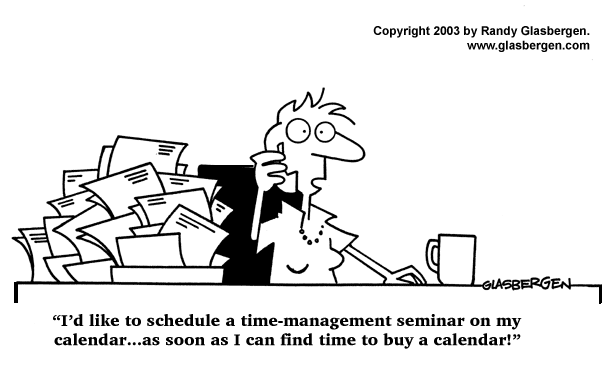What’s it All For?
Why are we doing this?

Why?
Why do we talk about innovation, change and impact when it comes to healthcare? Why is the spotlight now on eHealth, mHealth, ‘BigData’ and so many other new phrases that have entered the proverbial lexicon of 21st century healthcare? Why do health policy think-tanks, research institutes and healthcare startup accelerators exist?
It depends on who you really are. Are you an employee, a civil servant, an investor, manager entrepreneur, researcher, doctor or even a patient? It may be obvious but as much as we all believe in the altruistic nature of healthcare the reality is that it is a business like any other. The training of doctors is one of the greatest bureaucratic races of all and the bottom line for the hospital manager is still the bottom line.

It’s business time.
When I stopped practising clinical medicine to focus on healthcare management and entrepreneurship it wasn’t immediately clear to me where to turn to become part of this community. Was there even a community? I mean I found all the usual suspects such as the Nuffield Trust and The Kings’ Fund and their body of work was certainly of great interest but still where were the ‘doers’? The people pushing the frontiers of hospital medicine, inspiring a new generation of doctorpreneurs?
 Oh Say Can you See…
Oh Say Can you See…
Apparently, it’s all happening in the good ole’ US of A from FutureMed@Singularity University, Eric Topols’ ‘Creative Destruction of Medicine’, Health2.0 to the numerous healthcare accelerators. A community is growing everyday thriving on the work of its diverse members whilst accepting that they all have differing purposes but a shared worldview.
Let’s be honest with ourselves. Venture capitalists, investors and the device & pharma industries want to turn a profit. They NEED to turn a profit otherwise everything grinds to an ugly halt. The government is looking for savings wherever it can find them and managers want to the keep their jobs.
So I look back home at the UK. What are we doing? Where’s our community? Where’s our open forum where we accept the premise of profit and incentives to drive healthcare innovation and entrepreneurship? When are we going to put together teams of engineers, investors, doctors and patients together to innovate and apply their work in the real world? When will we recognise that innovation can fail but it’s a dynamic process we must foster and nurture so that it can succeed?
 United We Stand
United We Stand
Well, it’s starting to happen here. We have Health2.0 London, the Faculty for Medical Leadership, NHS Change and HealthBoxEurope as well as biotech hotspots such as where I am now at the Cambridge Science Park.
But we’re all operating separately preaching our objectives independently whilst still expecting to have meaningful impact. We need to come together to tackle the great challenges we face ranging from healthcare reform to the ageing population and unacceptable standards our elderly face.
We need to foster greater relationships between our scientists, investors and doctors and we also need to make a clear channel for doctors to enter the world of innovation and management. The lines of communication need to be open between all of us so that we’re no longer acting as disparate groups. You see we’re allowed to fail as long as we are working together, learning and sustaining our community and its momentum.
So today I ask you only one question:
Can we work together in 2013 to push the boundaries of healthcare?
Dr Saif F Abed Founding Partner AbedGraham Healthcare Strategies Ltd www.abedgraham.com







































